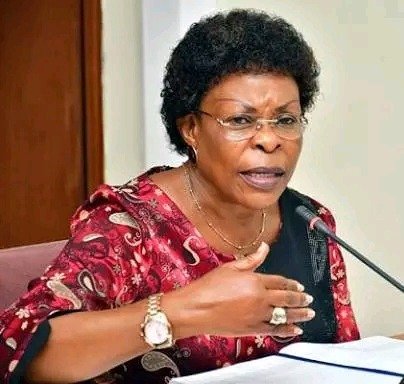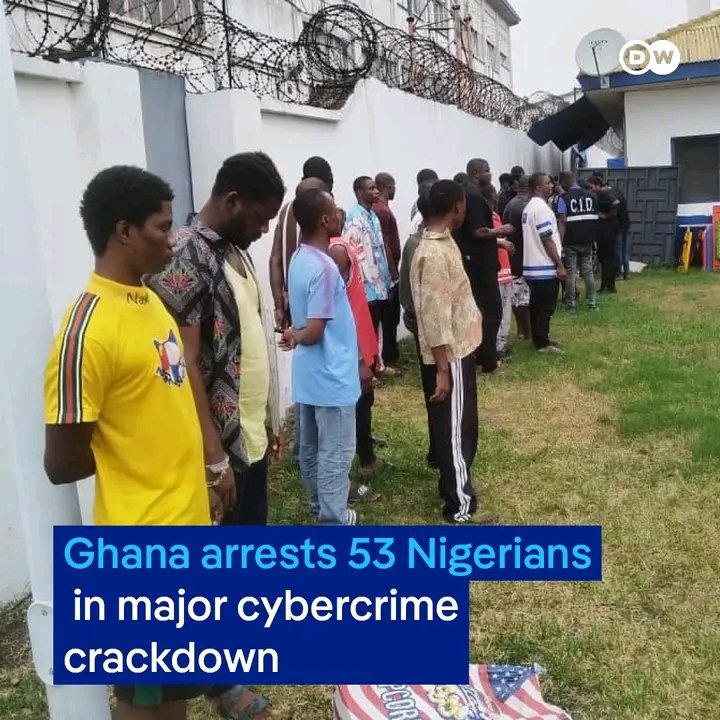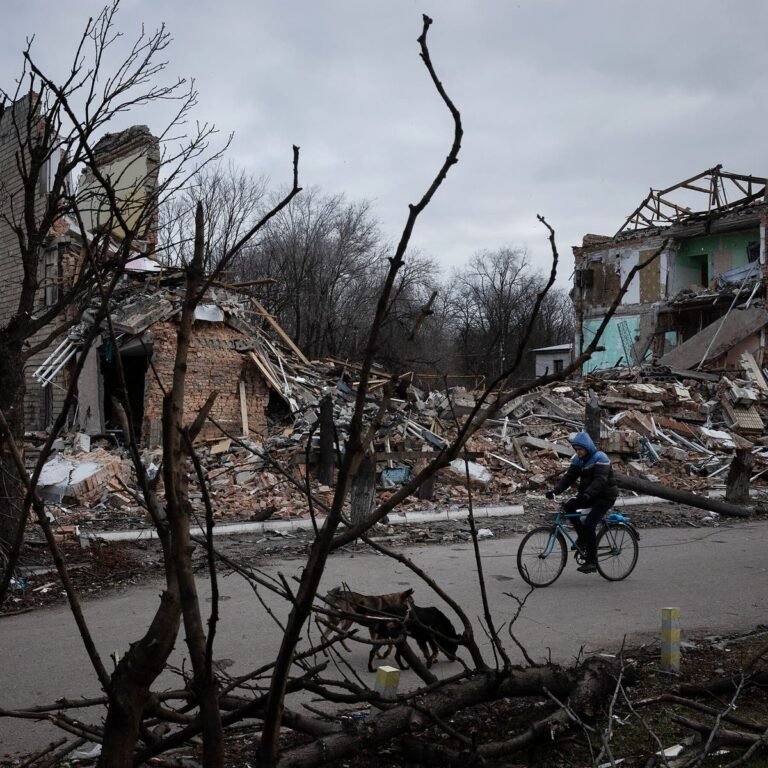
KAMPALA – In a significant shake-up of Uganda’s anti-corruption infrastructure, Inspector General of Government (IGG) Beti Olive Namisango Kamya and her two deputies have officially exited office after President Yoweri Museveni declined to renew their contracts.
The four-year term for Kamya, along with deputies Patricia Okiria Ochan and Anne Twinomugisha Muhairwe, expired on September 23rd, forcing them to hand over authority to the Inspectorate’s Director of Legal Affairs. Their departure, confirmed by the IGG’s spokesperson Munini Munira, leaves a leadership vacuum at an institution already struggling with deeply eroded public trust.
Kamya’s tenure, which began in July 2021, was marked by controversy and allegations that her office shielded high-profile figures from corruption charges. Critics argue that under her leadership, the fight against graft was reduced to a “hollow ritual,” where offenders were allowed to return stolen funds in installments without facing prosecution, and were sometimes even promoted.
A focal point of these criticisms was the handling of a massive scandal at the Ministry of Agriculture, where nine billion shillings in Covid-19 funds were misappropriated in 2020. Despite investigations confirming the theft, plans for a coordinated arrest were allegedly thwarted after suspects were tipped off. Instead of prosecution, the implicated officials were asked to refund the money over 28 weeks—a sum that remains largely unrecovered years later. The officials were subsequently promoted and redeployed to the Ministry of Education.
The IGG’s office also faced allegations that its own staff accepted bribes, including parcels of land, to drop sensitive cases. Whistleblowers and investigators who exposed corruption, such as Godfrey Odong and Joram Magezi, were reportedly marginalized or demoted.
As her contract neared its end, internal power struggles emerged within the Inspectorate. Deputies Okiria and Twinomugisha were reportedly vying for the top job, a race many thought Twinomugisha might win following past praise from President Museveni, who had once described her as “incorruptible.”
In a surprising move, Museveni opted not to renew the contracts of any of the three top officials, effectively clearing the leadership slate.
Kamya’s exit closes a chapter on a controversial term that many believe further undermined Uganda’s anti-corruption efforts. It now raises critical questions about who will be appointed to lead the Inspectorate and whether the next IGG will have the autonomy and political will to confront graft effectively, or if the culture of impunity will persist under new leadership. For now, the institution remains in a state of uncertainty, awaiting a new direction.







